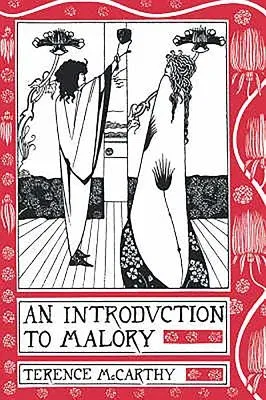This introduction to Morte Darthuroutlines the book's basic character,
followed by a study of the key concepts of love, loyalty, sin and shame.
Malory's approach to his material is discussed, as are his sources, and
his individual contribution; finally, Maloryand his book are placed in
their historical context. Published in 1988 as Reading the Morte
Darthur. `Presents in very accessible form the explanatory material
which [students] will require. He is well-informed about the basic
issues in Malory scholarship and criticism, and his approach is sound.'
REVIEW OF ENGLISH STUDIES`This book is aimed specifically at readers
approaching Malory's Morte Darthur... it will be very useful both to new
readers and to their instructors.' CHOICEThe Morte Darthuris a book of
action and adventure, not a book of thought. It is full of unexplained
and inexplicable customs, magic and mystery, love and hate, nobility,
villainy and the highest ideals. Among its characters are the heroes and
heroines of the greatest love stories in the western tradition, and it
appeals to our most basic and powerful sentiments. Terence McCarthy's
book is an introduction to Malory, and so the first section is designed
to show how to go about reading the Morte Darthur, and to outline
aspects of its basic character. The remaining sections offer an
interpretation of it, beginning with the key concepts of love, loyalty,
sin and shame.
The reader is urged to resist the temptation to consider the Morte
Darthuras an early novel, and Malory as omniscient narrator, in order to
see him as he saw himself - a historian chronicling the public events of
a kingdom. Even his much-praised style underlines the formal and
traditional aspect of his book. The Morte Darthuris based on inherited
material, and while it is not necessary to know all the intricacies of
Malory's sources, Terence McCarthy shows how Malory worked and the
extent and nature of his individual contribution. A brief final section
puts Malory and his book in their historical context: the turmoil of
late fifteenth-century England may be a striking contrast to the order
and harmony Arthur achieved (and lost), but too precise an
interpretation will remain fruitless until weknow more about Sir Thomas
Malory -including who he actually was

